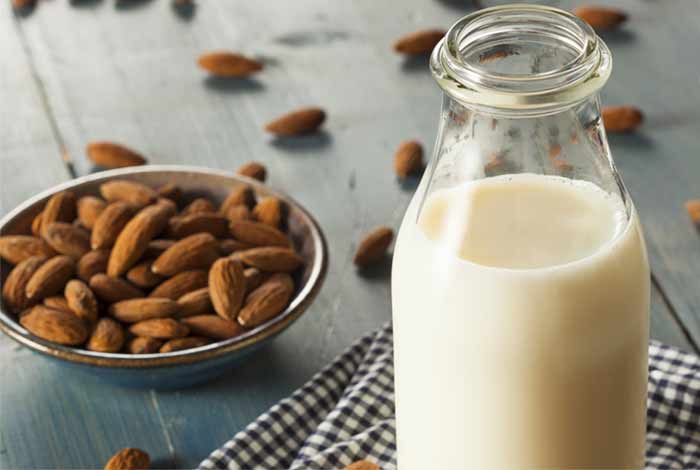
Researchers from the University of Surrey find milk-alternative drinks cause iodine deficiency

Milk alternative drinks refer to beverages containing soy, almond, coconut, oat, rice, hazelnut hemp etc. and other products available in the market for infants and children. Cow-milk and other dairy products are the important food source of iodine. So, it has proved once again that there’s no replacement for natural milk.
A research published in the British Journal of Nutrition, University of Surrey, U.K., established that most of the available milk-alternatives don’t contain required level of iodine. These alternative supplements contain only 2% iodine of cow-milk.
Iodine has a great connection with thyroid hormone activity. It is also an essential nutrient during pregnancy for brain development of the fetus. In another study from the same institute has already proved that low iodine level of pregnant mother results in lower IQ score of the child up to nine years of age.
Iodine requirement for a normal adult is 150 mcg/day and for pregnant women is 200 mcg/day, whereas, this milk-alternative supplement supplies only 2mcg iodine per day.
According to dietitian Dr. Sarah Bath, Lecturer in Public Health Nutrition at the University of Surrey, “Milk-alternative drinks are increasingly being used as a replacement for cows’ milk for a number of reasons that obviously include allergy or intolerance to cows’ milk. Worryingly, most milk-alternative drinks are not fortified with iodine and their iodine content is very low. If avoiding milk and dairy products, consumers need to ensure that they have iodine from other dietary sources, where possible”.
Dr. Bath is afraid that the supplements those are being increasingly used as milk-replacement might cause allergy or intolerance to cow’s milk. Dr. Bath suggested that if people are taking milk-alternative supplements, they must take iodine supplements too, to avoid scarcity of iodine. But, one must avoid kelp (one of the richest source of iodine) while taking iodine supplements. According to the British Dietetic Association Food Fact Sheet, white fish could be a good source of iodine.
The milk-alternative supplements were examined at LGC, the UK’s National Measurement Laboratory for chemical and bio-measurement. Dr. Sarah Hill, Science Leader in Inorganic Analysis at LGC recommended, “As a metrology institute, one of our key missions is the provision of reference methods and materials that underpin validation of field laboratory measurements. This ensures that high-quality data are generated to support researchers in these important studies”.




